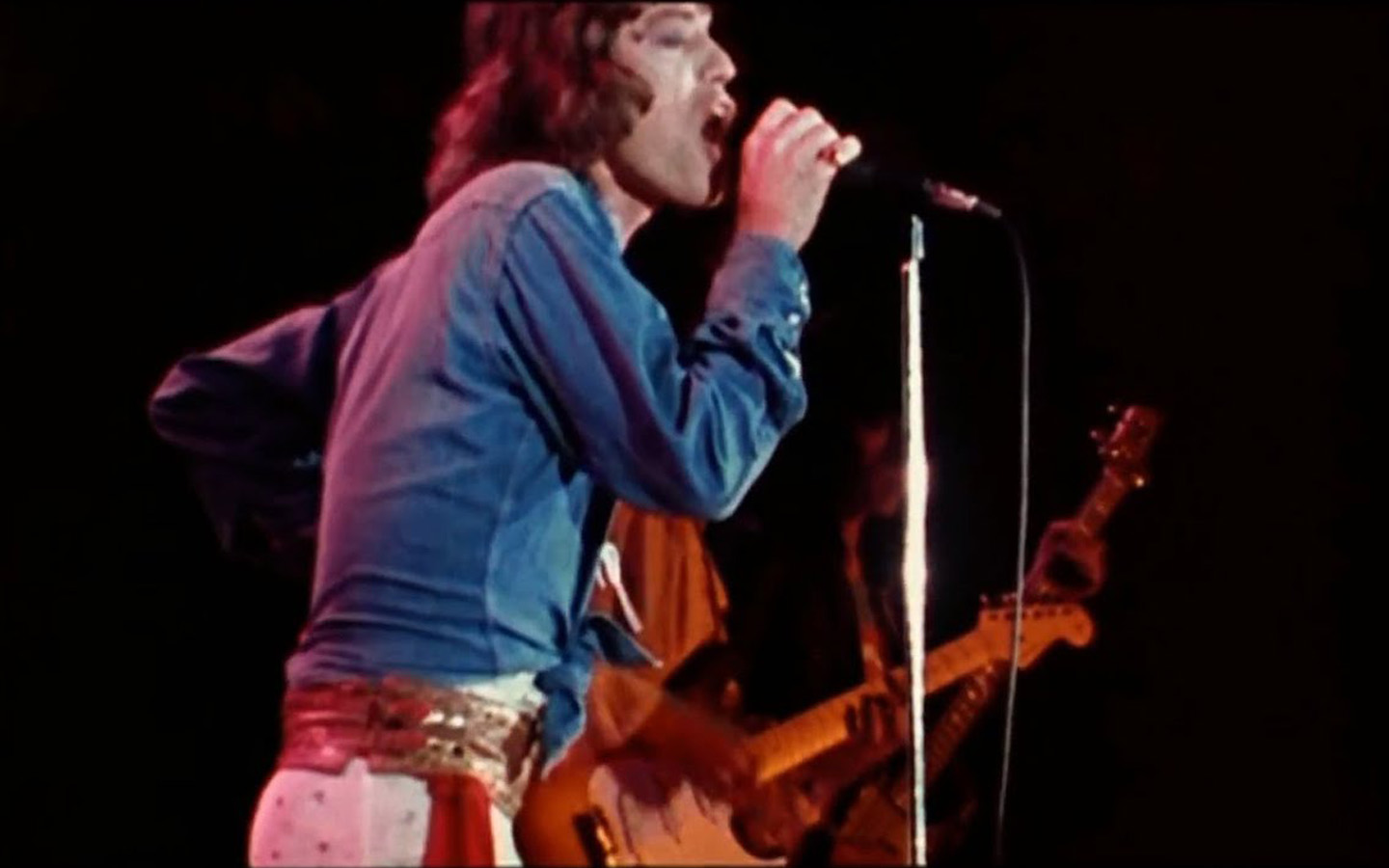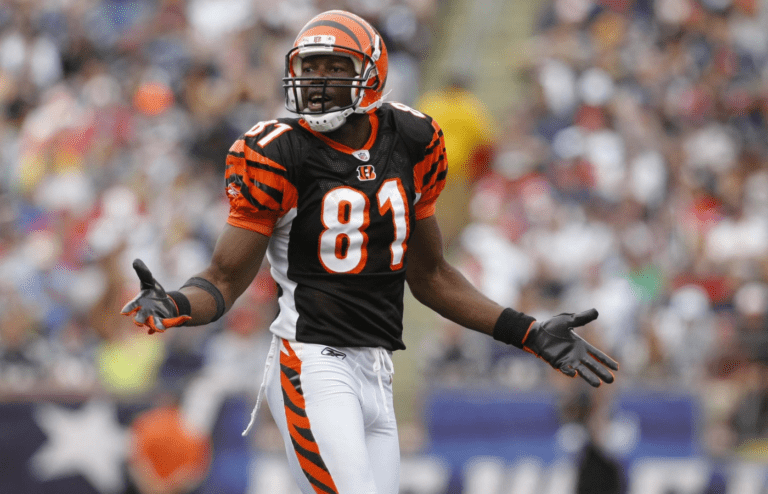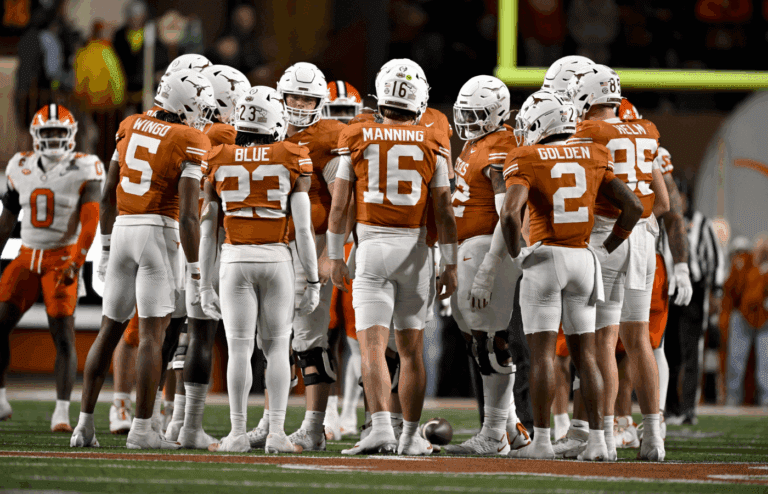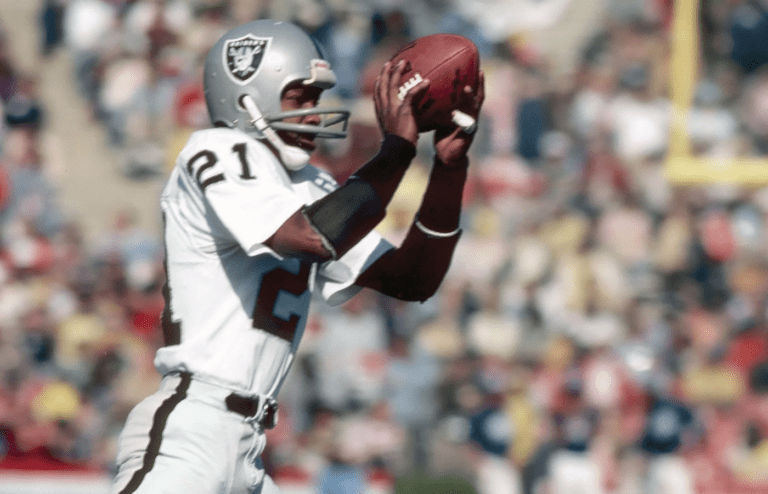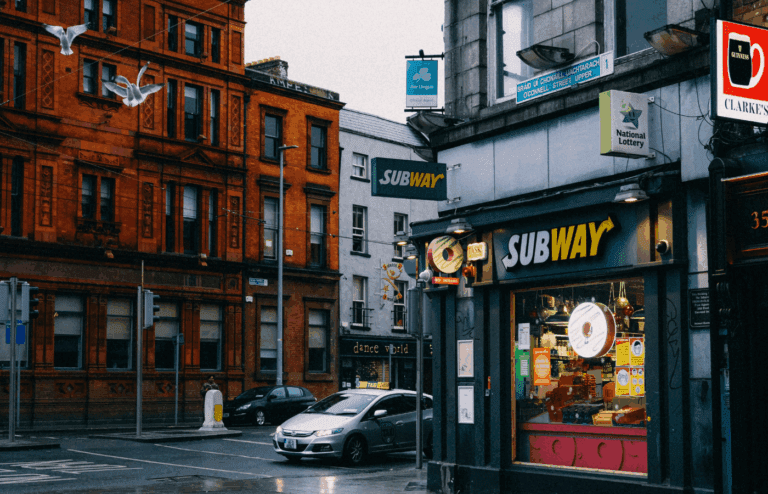There’s a funny thing that’s happened to popular culture since the 60s and 70s. Slowly but surely, we’ve started viewing outrage at banned media as a publicity bump instead of a huge drag on its author’s finances. That’s what’s happened to banned songs, too. These fifteen tunes were banned for all the wrong reasons.
Numerous Songs, Rage Against the Machine

Zack de la Rocha’s incendiary, left-leaning lyrics often go unnoticed by some modern fans of Rage Against the Machine. However, radio stations and advertisers have certainly taken notice, often censoring the band for songs like “Bulls on Parade,” “Take the Power Back,” and “Killing in the Name.” They were famously banned from SNL in 1996 for hanging inverted flags from their amps while performing.
The Real Slim Shady, Eminem

It’s strange to think of a point in time when a new Eminem song could make people angry, but that’s exactly what happened in 2000 when Colorado Springs station KKMG played the new track “The Real Slim Shady.” They got fined $7,000 by the FCC for playing the radio edit of the song after a listener complained about the song’s content. Apparently the track ran afoul of recently-updated obscenity laws concerning innuendo.
Like a Prayer, Madonna
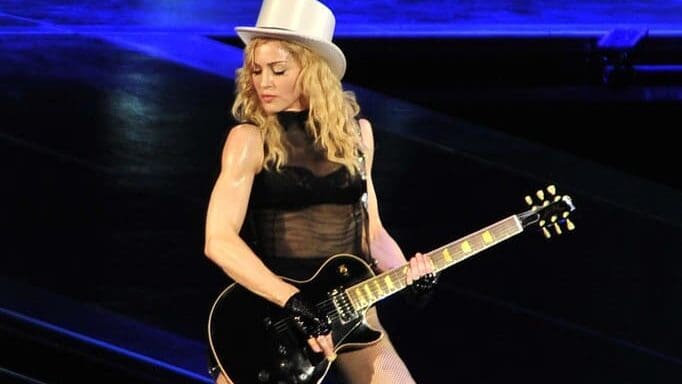
Madonna is such a huge institutional pop singer that it’s strange to think of her courting controversy. But that’s exactly what happened with the 1989 song “Like a Prayer,” where her risqué lyrics combined with overt religious imagery to anger everyone from Pope John Paul II to PepsiCo. The Catholic church ordered a Madonna-backed Pepsi ad
Strange Fruit, Billie Holiday
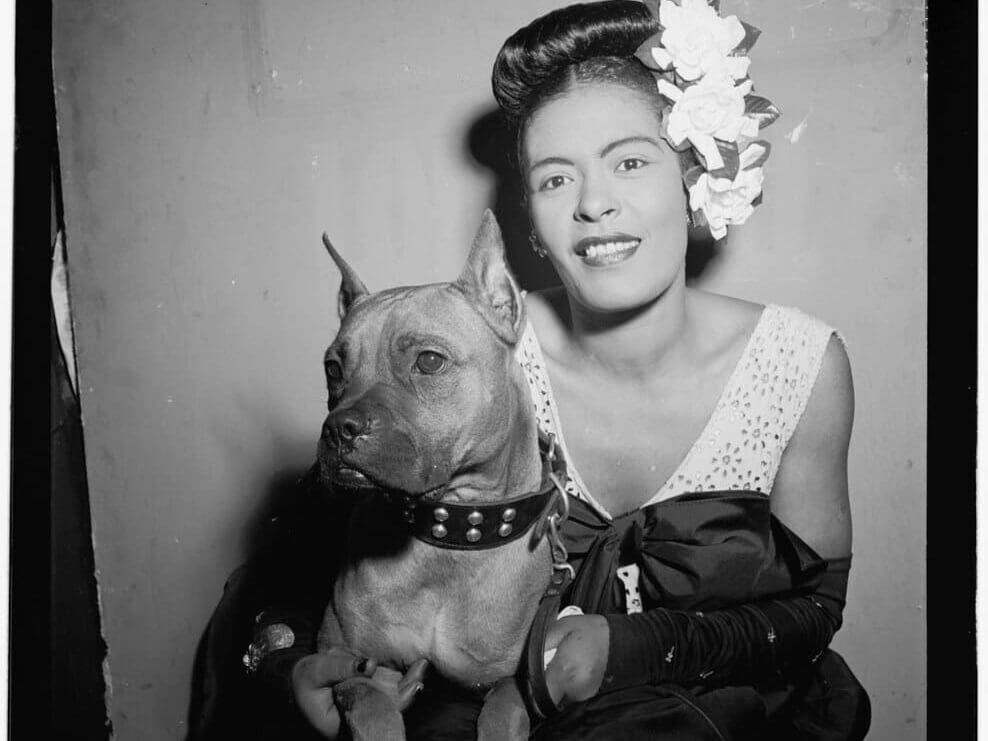
“Strange Fruit,” a song based on a poem surrounding themes of racial injustice, is very loaded. The “fruit” in question refers to black people who had been lynched, lending the song a grim visual representation of racially motivated violence. Naturally, the song was banned in some areas for its straight-faced description of the racism that was gripping the country in 1939 and still lingers today.
God Only Knows, the Beach Boys
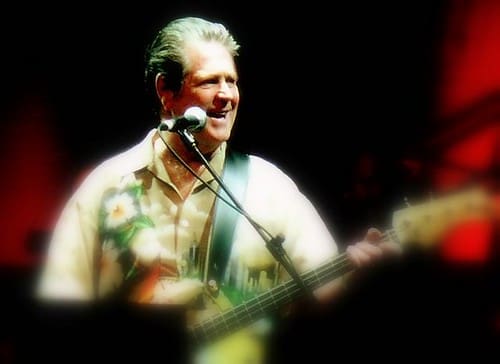
What could possibly be wrong with the saccharine love song “God Only Knows,” you ask? Well, the name of the song starts with “God,” but the tune isn’t religious in nature. That was enough to make it scandalous in 1966. If that doesn’t tell you anything about how far the country has come in 60 years, nothing will.
Imagine, John Lennon and the Plastic Ono Band
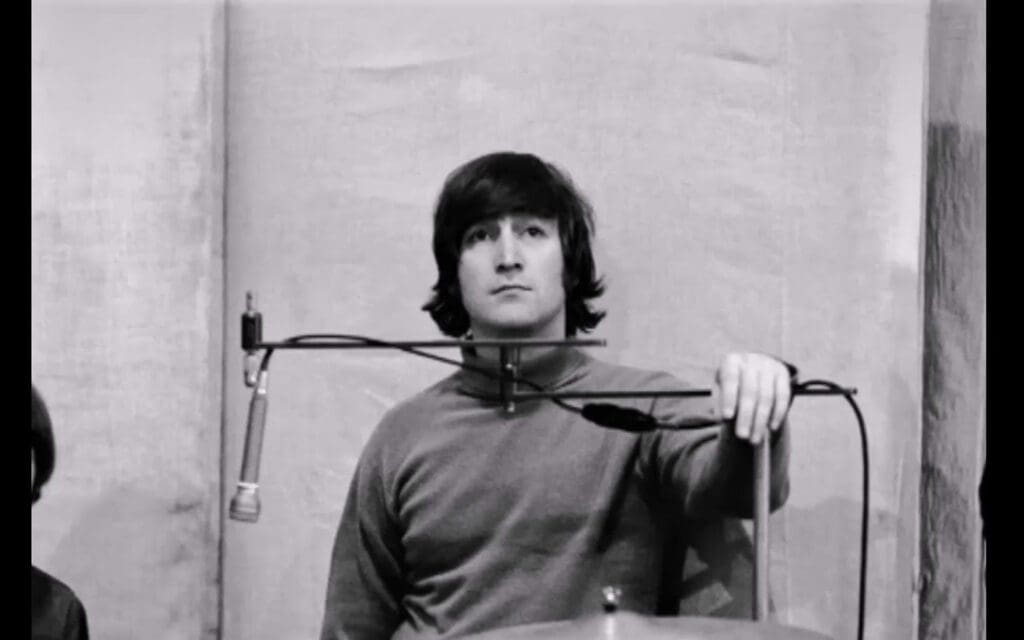
Lennon’s idealistic hymn to peacefulness and a future with “no countries,” “no religion,” and “no heaven” struck many people as outright scandalous when it was released. While Lennon meant this as a positive, suggesting there’d be no war or idealistic divisions in such a world, strongly patriotic and religious people found his words to be offensive.
Splish Splash, Bobby Darin
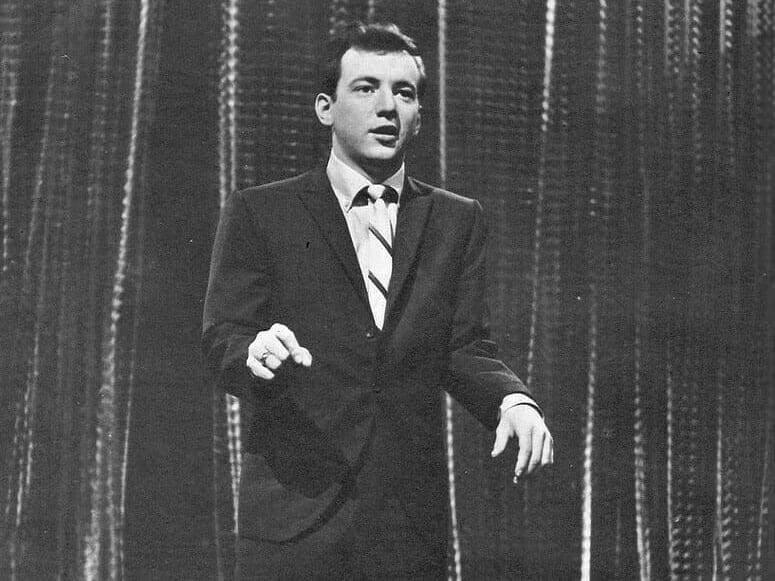
It should come as no surprise that radio stations in 1958 were a bit scandalized by Bobby Darin’s suggestions that he’d be (gasp!) bathing! And the line about attending a house party in nothing but a towel was simply too much for people to handle. Of course, none of these reservations stopped the song from hitting number 3 on the pop charts.
Light My Fire, The Doors
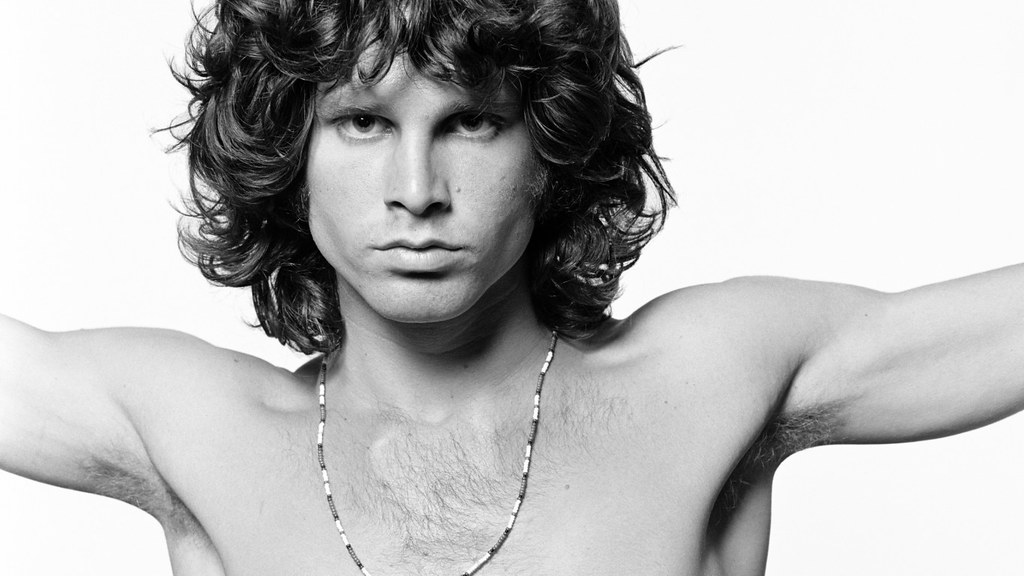
Jim Morrison is one of the most essential rock frontmen of the 60s, and his performance on tracks like “Light My Fire” proves it. That song got the band banned from the Ed Sullivan show in 1967 when Jim sang “baby we can’t get much higher,” overriding a suggestion from the producer to use the word “better” to avoid the connotation of drug use. Morrison famously loathed censorship and quipped to angry CBS executives after the incident “Hey, man. We just did the Sullivan show.”
Royals, Lorde

Unless you’re a baseball fan, you’re not going to successfully guess why Lorde’s hit song “Royals” was briefly banned on the airwaves in San Francisco in 2014. See, the Giants were in the World Series against the Kansas City Royals, who had adopted the Lorde tune as an unofficial anthem for their unlikely ascendant season. The Giants won that World Series, so maybe depriving Royals fans in SF of their anthem really did mess up the blue boys’ mojo!
Wake Up Little Susie, The Everly Brothers
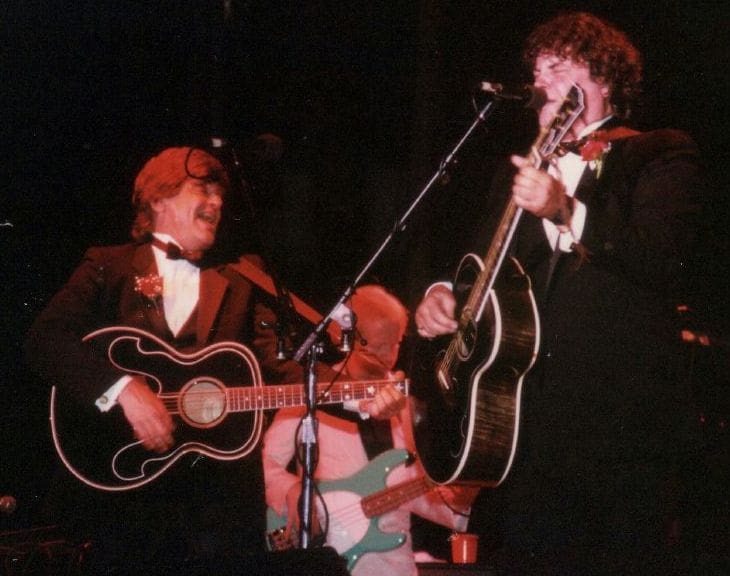
What could possibly be objectionable about “Wake Up Little Susie”? Well, it turns out the suggestion that a teenage couple would stay out late together was apparently scandalous in 1957, leading to some radio stations banning the song from the airwaves. What did people listen to back then, string arrangements with lyrics about dutifully trudging to work and abstaining from drinking and partying?
Lola, The Kinks
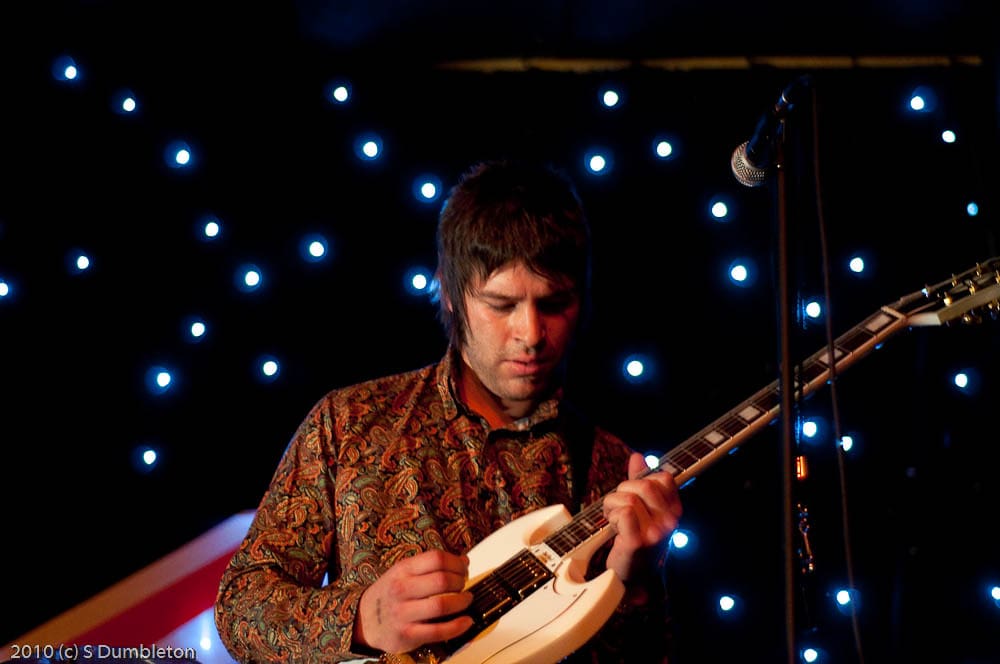
Here’s an interesting one. The Kinks didn’t get in trouble in 1970 for the actual suggestive lyrics of their hit song “Lola,” such as one verse suggesting the title character is a man. Instead, the BBC asked them to re-record a segment that used the words “Coca-Cola” with “cherry cola,” due to their policy against product placement in songs.
I Saw Mommy Kissing Santa Claus, Jimmy Boyd

Is there anything more innocent and cute than the image of a kid on Christmas catching his mom smooching her husband while he wears a Santa outfit? Apparently, the Catholic Church took issue with linking the holiday Christmas to romance, leading to several radio stations banning the tune.
Baby, It’s Cold Outside, Frank Loesser
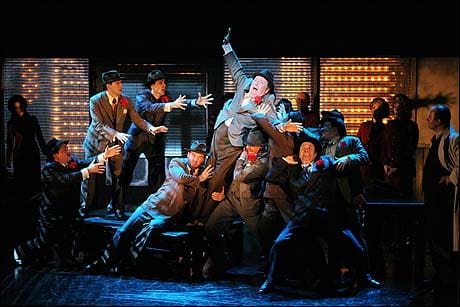
In perhaps the strangest entry on this list, the 1944 duet “Baby, It’s Cold Outside” by Frank Loesser and his wife Lynn Garland was considered perfectly fine in the 40s. However, in the modern era, it was subjected to a reevaluation, with some 2020s-era listeners bristling at the prospect of a man badgering an uncomfortable woman into staying at his home during a snowstorm. The context of the song has been the matter of much debate since the start of the #MeToo movement.
Read More: The 10 Songs to Never Play at a Party
Louie Louie, the Kingsmen
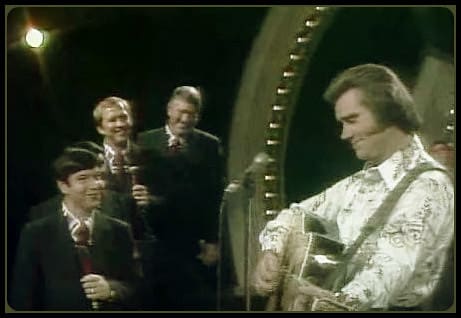
In a hilarious turn of events, a concerned father wrote Attorney General Robert Kennedy a letter condemning the song “Louie Louie” by the Kingsmen, saying it was responsible for the nation’s lack of morals. The FBI actually investigated the guy’s claims, but found nothing objectionable in the song—not even the misheard curse the dad claimed he heard in the lyrics. Ironically, the master recording of the Kingsmen version of the song does contain profanity. The drummer can be barely heard uttering a curse when he drops his drumstick. It’s easy to miss, though, which is why the FBI didn’t even notice it.
Read More: Catchy Pop Songs With Secretly Dark Lyrics
(I Can’t Get No) Satisfaction, The Rolling Stones
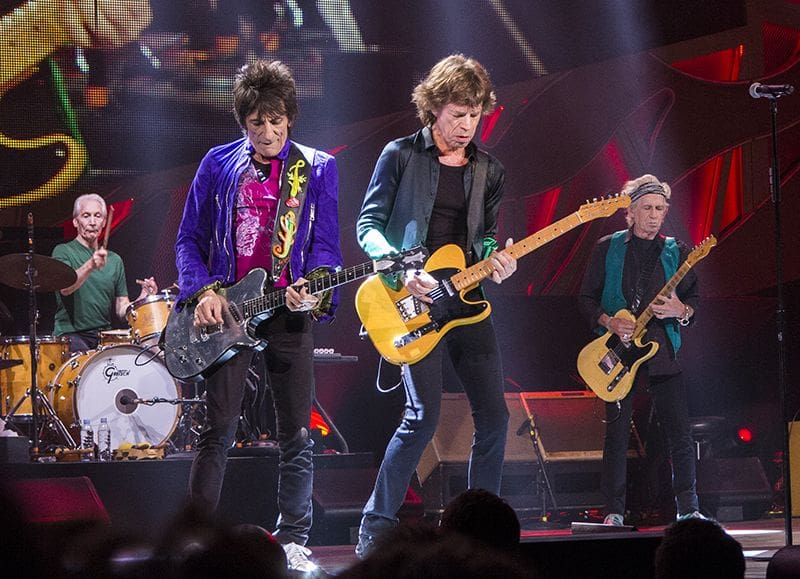
Mick Jagger and the boys are no strangers to controversy. In fact, the Rolling Stones often purposefully courted outrage as a form of free publicity. The song “(I Can’t Get No) Satisfaction” hit number 1 in the US and UK in 1965, but its suggestive, aggressive lyrics and Jagger’s slick on-stage moves led to many stations banning it outright.
Read More: You Won’t Believe How These 10 People Got Banned from SNL

